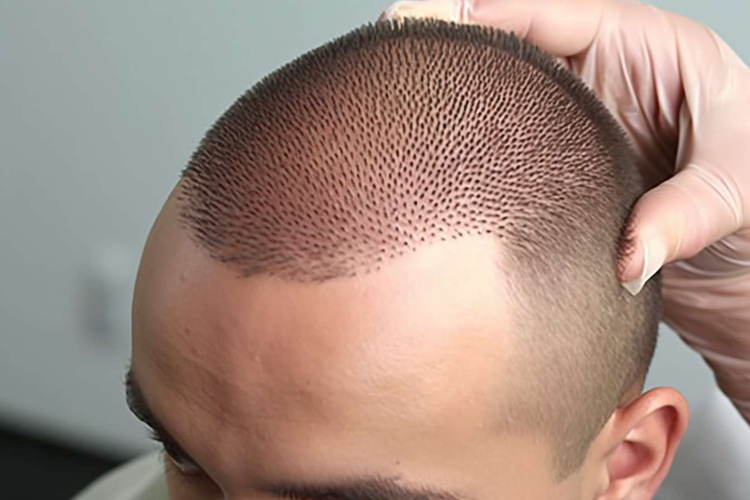Understanding the Remarkable Intelligence of Octopuses: A Deep Dive into Cephalopod Cognition
Octopuses, the eight-armed marvels of the ocean, have long fascinated scientists and animal enthusiasts alike with their extraordinary cognitive abilities. Far from being the simple sea creatures many assume, octopuses boast intelligence levels that rival those of many mammals—a fact that is changing our understanding of brain evolution and cognition.

A Precocious Start: Infant Octopuses and Learning
The intellectual prowess of octopuses begins at a surprisingly young age. Unlike many animals, octopuses do not rely on parental guidance to learn the ropes of survival. From the moment they hatch, these independent creatures exhibit an innate understanding of their environment, showcasing a remarkable ability to adapt and thrive.
Masters of Camouflage and Mimicry
One of the most fascinating aspects of octopus intelligence is their unparalleled skill in camouflage and mimicry. This ability goes far beyond simply blending into their surroundings. Octopuses can alter not only their color but also the texture and pattern of their skin to mimic various underwater elements. They can even impersonate other sea creatures—a striking display of cognitive complexity.
Problem-Solving and Tool Use: Signs of Advanced Intelligence
In a clear sign of advanced intelligence, octopuses have been observed using tools—a capacity once thought to be exclusive to humans and a few higher mammals. In the wild, octopuses have been seen carrying coconut shells to use as shields or shelters, while in captivity, they have demonstrated the ability to unscrew jars to retrieve food inside, indicating an understanding of cause and effect.
Octopuses and the Future of AI
With their unique cognitive capacities, octopuses are now being studied by AI researchers to develop advanced artificial intelligence models. Their decentralized nervous system—where two-thirds of their neurons are located in their arms—offers a different paradigm for thinking about intelligence, potentially revolutionizing AI design.
Embracing the Octopus: Conservation and Coexistence
Despite their remarkable intelligence, octopuses face numerous threats, including habitat destruction, pollution, and overfishing. As we continue to uncover the extraordinary cognitive abilities of these creatures, it is crucial that we also focus on their conservation, ensuring that future generations can continue to learn from and be inspired by these incredible invertebrates.
In conclusion, the octopus is a testament to the diverse forms intelligence can take in the animal kingdom. Their unique cognitive abilities not only challenge our traditional understanding of intelligence but also serve as a source of inspiration for advances in fields ranging from AI to neurobiology. Through fostering a deeper appreciation for these extraordinary creatures, we can work towards their conservation, ensuring their continued survival and our continued learning.




